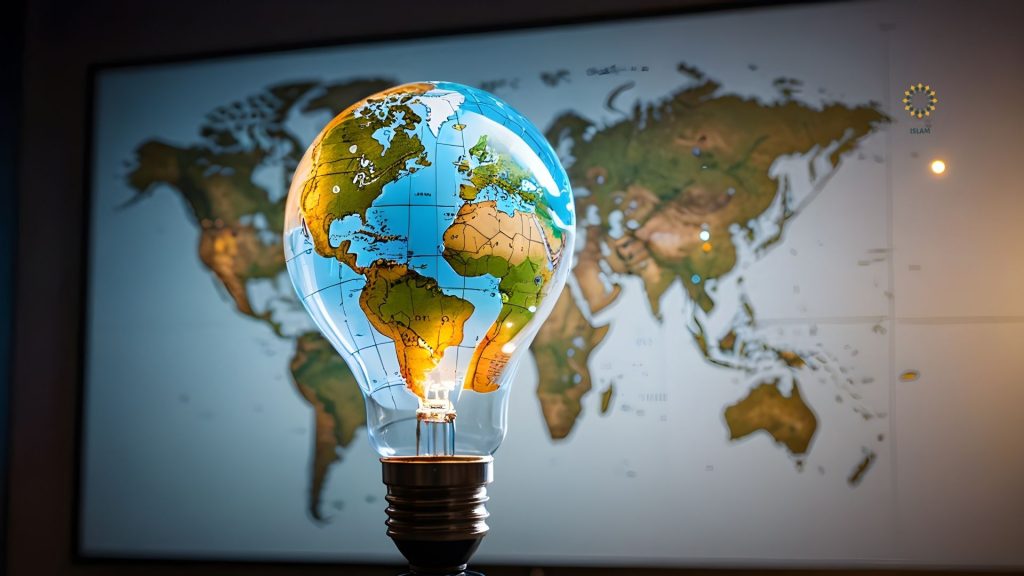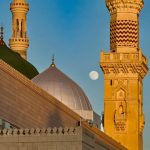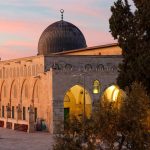The modern world feels increasingly divided by race, religion, politics, and even ideologies. Amid these fractures, the message of Islam stands as a beacon of hope and unity. Even when we look at the word ‘Islam’ itself, it comes from the root ‘Salam’, meaning peace. Building bridges is not merely an act of goodwill in Islam but a spiritual duty rooted in the teachings of the Qur’an and the example of Prophet Muhammad (PBUH).
At a time when misunderstanding fuels hatred, Muslims have a unique role. This is to show the world that Islam is not a wall of isolation, but a bridge of compassion and coexistence. So, it is crucial to reconnect humanity through kindness and empathy. This is ultimately an act of worship that needs not only words but proper action.
Remembering the Quranic Vision of Unity
The Holy Qur’an calls all humans to mutual respect and understanding:
“O mankind, indeed We have created you from male and female and made you peoples and tribes that you may know one another.” (49:13)
This verse captures the essence of coexistence. Diversity, in Islam, is not a flaw but a divine design. Every culture, color, and language represents one of Allah’s signs. Recognizing this helps Muslims appreciate differences without prejudice, seeing unity not as sameness but as harmony in diversity.
From the earliest days of Islam, Muslims were urged to engage with people of all backgrounds. The Prophet (PBUH) welcomed Christians, Jews, Persians, and Abyssinians into his community. He taught them that all human beings share one Creator, one origin, and one destiny. When we understand this truth, building bridges becomes a natural expression of faith.
The Prophet’s Example: Dialogue Over Division
Prophet Muhammad (PBUH) exemplified bridge-building throughout his life. His encounter with the Christians of Najran set one of the earliest examples of interfaith dialogue. This dialogue was respectful, open, and rooted in shared values. The Charter of Madinah, often described as the first pluralistic constitution, granted Jews, Christians, and Muslims equal rights and protection under one civic framework.
When others insulted him, he responded with dignity and patience. When delegations from foreign tribes visited, he welcomed them with kindness and hospitality. His approach was not confrontation but communication while always seeking common ground. He showed that compassion can win where arguments fail, and humility can disarm hostility.
Combating Stereotypes Through Character
In today’s digital world, Muslims face waves of misinformation and bias. The Prophet (PBUH) taught that the best response to falsehood is truth lived through good character. He said,
“The best among you are those whose manners are best.”
Every Muslim ambassador, student, or worker abroad carries the chance to change perceptions through honesty, humility, and kindness.
A smile, a helping hand, or fair dealing in business will count. Each act of compassion becomes a silent sermon, demonstrating that Islam’s beauty lies in moral excellence. Actions speak louder than slogans, and in that spirit, Muslims can embody peace in a world yearning for it.
However, before reaching out to others, Muslims must strengthen the bonds within their own community. Sectarianism, nationalism, and social divides weaken the Muslim unity. The Qur’an commands:
“And hold firmly to the rope of Allah all together and do not become divided.” (3:103)
Unity begins with humility, like you can start by focusing on shared beliefs rather than differences. When Muslims argue over sects or schools of thought, they lose sight of the greater purpose: to serve Allah and humanity. Mosques, schools, and online communities can become centers of unity when they prioritize inclusion, mutual respect, and collective goals. Internal peace is the foundation of external harmony.
Engaging the Wider World with Compassion
Building bridges goes beyond speeches and social media posts as it includes living Islam through service. Feeding the hungry, protecting the environment, or helping the displaced are acts of worship that resonate across faiths and cultures.
The next generation must inherit not division but dialogue. Muslim parents and educators can nurture empathy by teaching children about global citizenship, tolerance, and the Prophet’s love for all people. Encouraging reading, critical thinking, and exposure to diverse cultures can help children develop respect and curiosity instead of judgment.
The Way Forward
To build bridges in a divided world is to follow the prophetic path. The Prophet Muhammad (PBUH) was sent not to separate people but to unite hearts. Every kind word, every act of fairness, every effort to understand rather than judge. Consequently, these are the bricks in the bridge of peace.
As the Qur’an reminds us,
“Good and evil cannot be equal. Repel evil with that which is better, and you will see that one with whom you had enmity will become as though he was a close friend.” (41:34)
May every person become an architect of connection, proving through action that the light of Islam shines brightest when it bridges hearts, not divides them.



